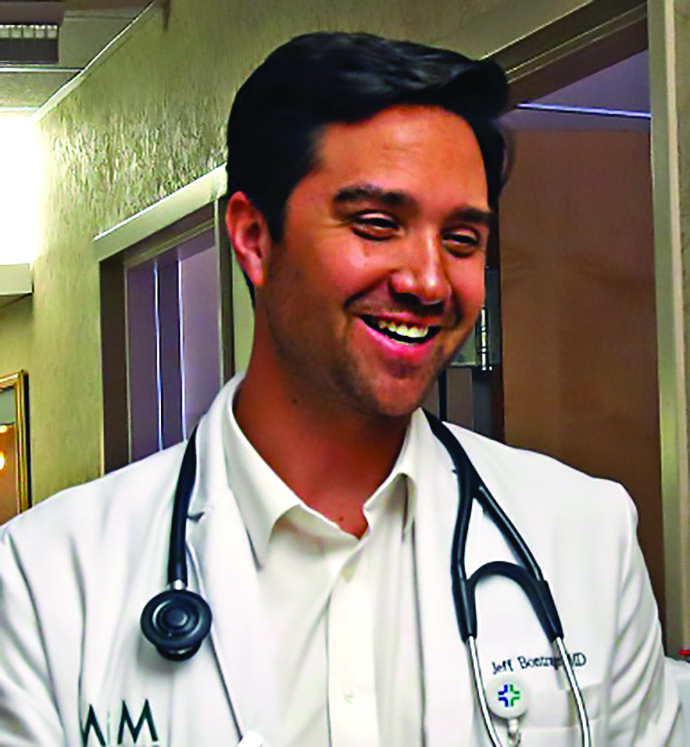At Lutheran, we have a nursing unit dedicated to pediatric patients, staffed by specialists affiliated with Children’s Hospital Colorado, to support your child’s medical needs. One thing the past 18 months has left us with is a greater knowledge about respiratory-borne viruses and how to prevent their transmission. The Centers for Disease Control and Prevention reports Respiratory Syncytial Virus (RSV) is on the rise across the country, with Southern states seeing the greatest number of cases in the pediatric population.
RSV is an acronym well-known to parents of premature infants. It can lead to bronchiolitis and pneumonia in this vulnerable population. Children under 2 and adults over 65, premature infants, those with chronic heart or lung disease, and immunocompromised individuals are most at risk for progression of this viral respiratory illness.
Lutheran Medical Center Emergency Department pediatricians have noted a recent rise in the number of cases of RSV. Like flu, this virus is usually more prevalent in the fall and winter months. Rates dropped significantly between May 2020 and March 2021, likely due to adopted public health measures. The increase in incidence may be related to lifting of mask restrictions and resumption of family gatherings and playdates. Another factor in the rise of summer cases is the lack of exposure children would have normally received this past year and half.
Most of us have been exposed to RSV before we are two years old. RSV is spread through respiratory droplets that occur when an infected individual coughs, sneezes or talks, and can live on hard surfaces for several hours. People with RSV may be asymptomatic or have cold-like symptoms that resolve within a week or two.
Supportive care during illness includes drinking plenty of fluids to maintain hydration. Fever-reducing measures such as a bath or over-the-counter medicines (acetaminophen or ibuprofen) are helpful. Do not give aspirin to children.
Call your pediatrician with concerns if your child has trouble breathing, a high-pitched or barking cough, fevers that don’t get better with treatment, an illness lasting more than 10 days, been unable to drink fluids for more than four hours or does not want to play or is not acting like usual. Call 911 for a child who has difficulty breathing, is wheezy or gasping, or has a gray-blue or pale color.
As with other infectious diseases, good hygiene practices for yourself and your children can help prevent the spread of RSV. Use a tissue when you cough or sneeze. Alternatively, use the bend of your elbow when you don’t have a tissue handy. Wash your hands frequently, especially after a cough or sneeze. Preventing disease is the best way to keep your children healthy!
Dr. Bontrager is an internal medicine/pediatric specialist at Lutheran Medical Center.






